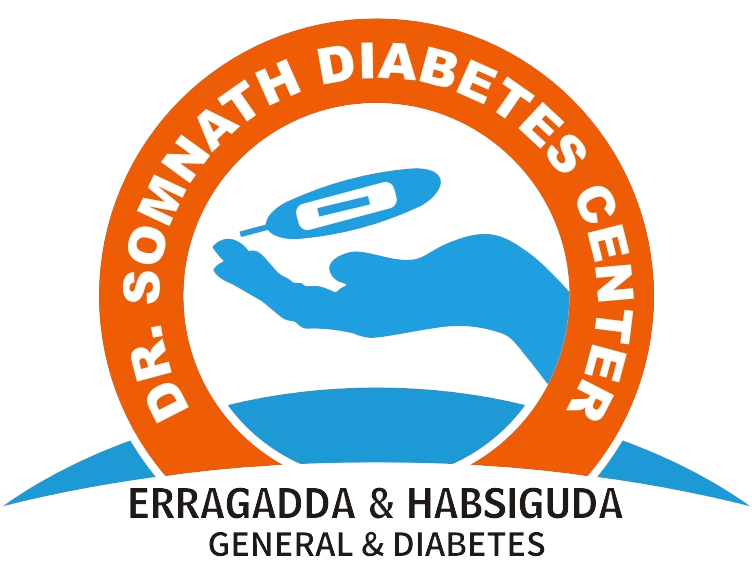
What Health Problems Are Associated With High Blood Pressure?
High blood pressure, also known as hypertension, can lead to a variety of health problems if left untreated. It is often referred to as the "silent killer" because it may not cause noticeable symptoms until it has reached advanced stages. Some of the health problems are associated with high blood pressure include: Cardiovascular Disease: The arteries can be harmed by prolonged high blood pressure, which increases their vulnerability to atherosclerosis (hardening and constriction). The risk of heart disease, heart attack, and stroke is raised by this. Heart Failure: High blood pressure makes it harder for the heart to pump blood. Heart failure and damage to the heart muscle may result from this over time. Kidney Damage: Renal disease or failure can result from high blood pressure's impact on the kidneys' capacity to filter blood. Stroke: One of the main risk factors for stroke is hypertension. It can result in a blood clot obstructing the blood vessels in the brain (ischemic stroke) or weakening and rupturing the blood vessels (hemorrhagic stroke). Vision Loss: Hypertension can damage the blood vessels in the eyes, leading to vision problems or even blindness. Aneurysms: Aneurysms, or weak spots in the arteries that bulge, can develop as a result of high blood pressure. Aneurysm ruptures can pose a serious risk to life. Peripheral Artery Disease (PAD): High blood pressure-related atherosclerosis can result in PAD, a disorder that restricts blood flow to the limbs, causing pain and making walking difficult. Cognitive Impairment: Chronic high blood pressure has been associated with an increased risk of cognitive decline and dementia, including Alzheimer's disease. Sexual Dysfunction: Hypertension can contribute to erectile dysfunction in men and reduced sexual desire in both men and women. Metabolic Syndrome: High blood pressure is often part of a cluster of conditions known as metabolic syndrome, which also includes obesity, high blood sugar, and abnormal cholesterol levels. This syndrome increases the risk of heart disease, stroke, and type 2 diabetes. It's essential to monitor and manage blood pressure through lifestyle changes, such as a healthy diet, regular exercise, and, if necessary, medication prescribed by a healthcare professional. Regular check-ups and blood pressure screenings are crucial for early detection and intervention. If you have concerns about your blood pressure, it's important to consult with a healthcare professional for personalized advice and treatment.` |
